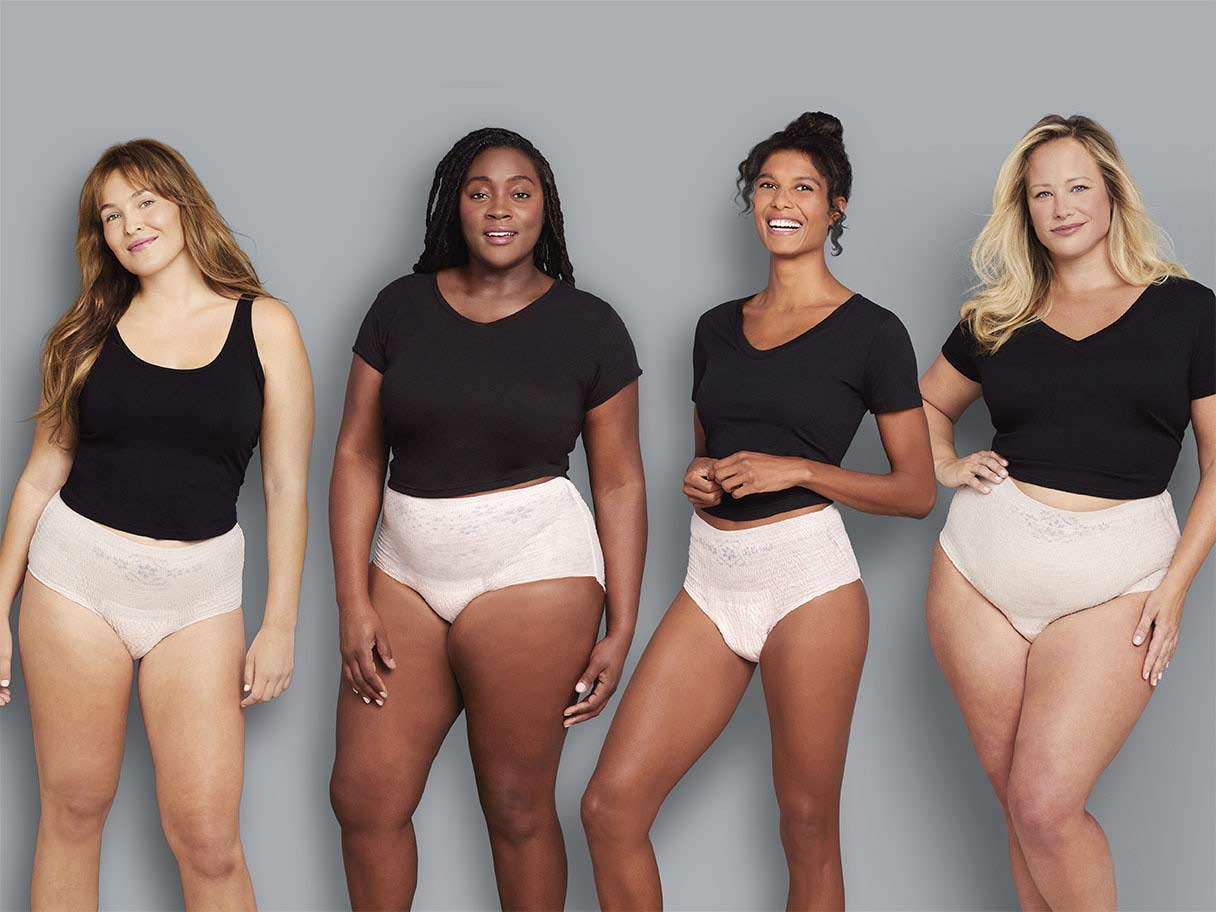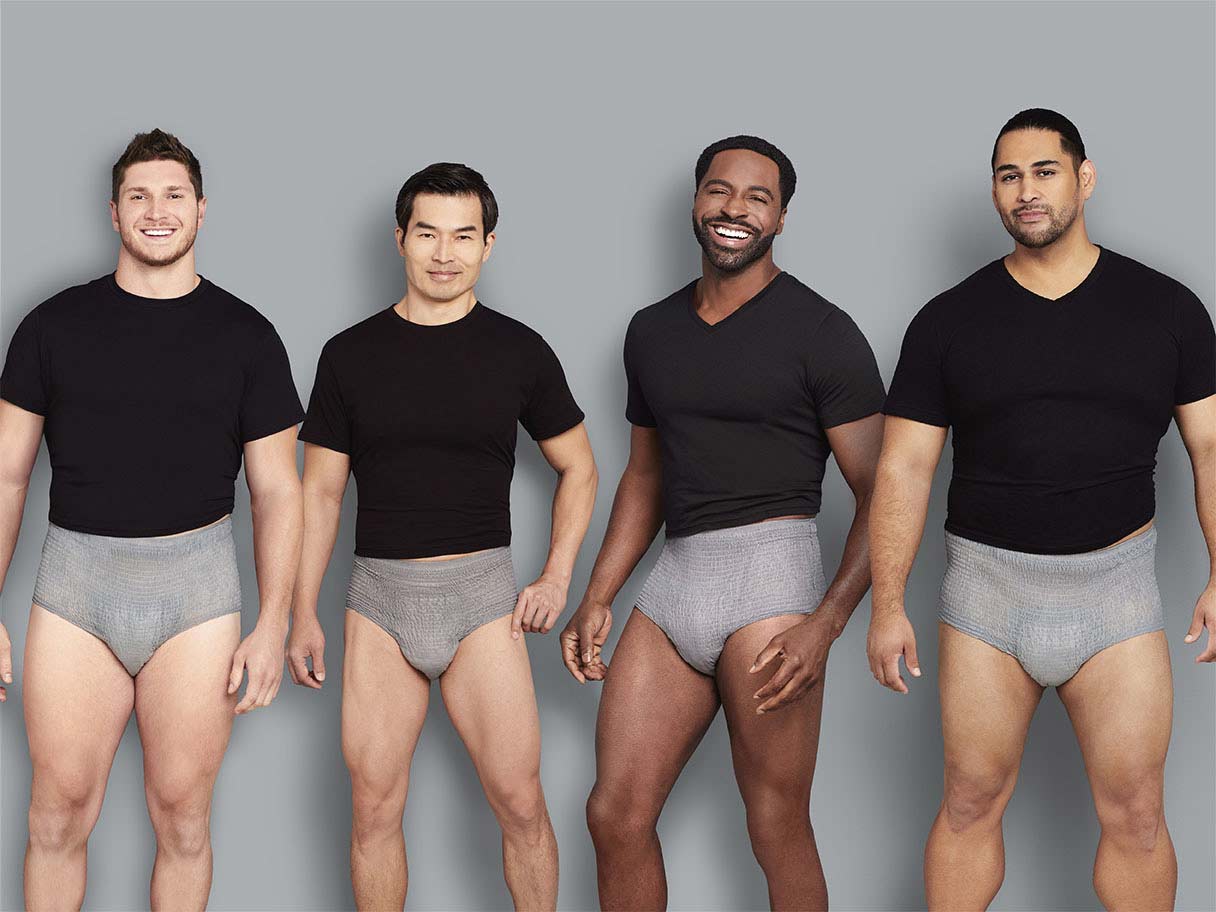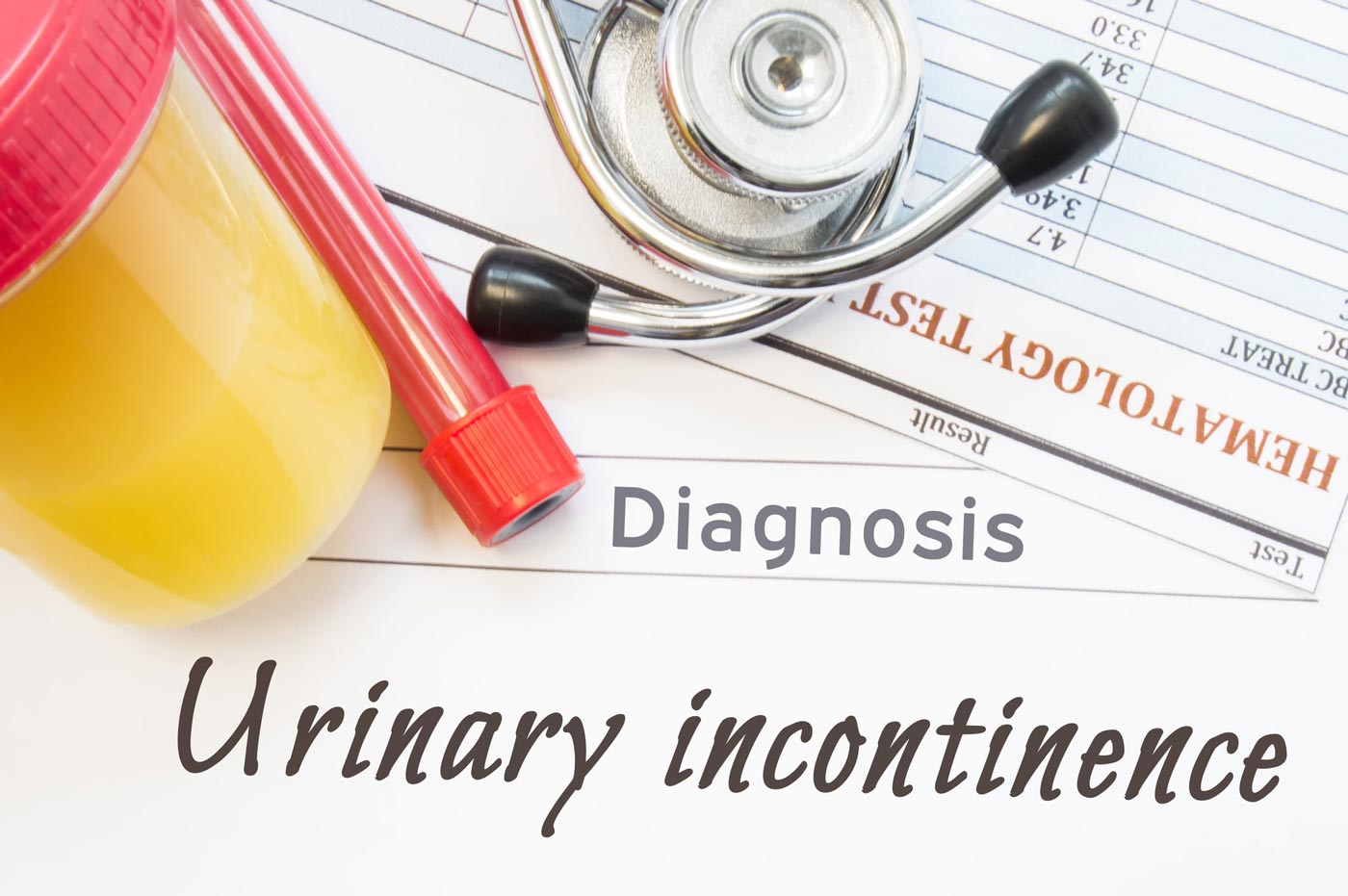6 Tips to Minimize Nighttime Leaks
6 Tips to Minimize Nighttime Leaks
Overnight bladder leaks are a bother, interrupting your sleep and causing extra work when you have to launder your bedding. With these tips, you can minimize nighttime incontinence and get your the 7 to 9 hours of shut-eye recommended by the National Sleep Foundation.
Consult Your Physician
Several conditions can lead to overnight bladder leaks in adults, including overactive bladder (OAB), diabetes and prostate enlargement. If you’ve not been to the doctor to discuss what’s causing your incontinence, now’s the time to set up an appointment with a medical professional. To find a specialist in your area, consider using the National Association for Continence (NAFC) physician finder.
Avoid Bladder-Irritating Food and Drinks
What you eat and drink affects your bladder and some substances can irritate the bladder lining. This contributes to OAB and may increase urination frequency with other conditions, too. Consider avoiding:
· Caffeine – For both irritation and diuretic affects
· Citrus Fruits and Juices
· Chocolate
· Artificial Sweeteners
· Spicy Foods
You can also check the NAFC list of common bladder irritants. Keeping a diary of what you eat and drink each day allows you to pay close attention to how your bladder reacts to what you consume. Then you can avoid items that contribute to bladder leakage.
Do Your Kegels
Kegel exercises strengthen the pelvic floor muscles that support the bladder and urethra. Both men and women can benefit from this easy-to-do exercise of the muscles that control urination. The best part? You can do them anytime, anywhere and no one will know. The challenge for most people is remembering to do them. One way to make sure you don’t forget your Kegels is to mentally tie them to a task you do routinely, like brushing your teeth or taking your vitamins. There’s even an app you can use to stay on track. Kegel Trainer serves as an instructional tool and allows you to set multiple daily reminders on your smart phone.
Limit Fluid Before Bedtime
While you should always make sure you’re drinking enough water during the day, consider tapering off, then eliminating fluid intake after 6pm. That will allow you to empty your bladder before bedtime, with less likelihood of a nighttime bathroom visit.
Go and Then Go Again
Even when you think you don’t have to empty your bladder, if you go twice before bed, you’re less likely to have to go during the night. Use the toilet at the beginning of your nighttime routine, then again right before you get into bed. This trick helps minimize both nighttime trips to the bathroom and accidents.
Wear Bedtime Protection
Don’t hesitate to wear absorbent protection to ensure you get a good night’s sleep. From Depend® Night Defense* for Women to our lightest protection for men, Depend® Guards and Shields, there are several options to protect against nighttime leaks. To determine the specific styles that may work best for you, check out our product selector. And for extra security, consider using our super absorbent Depend® Bed Protectors over your sheets.
What about you?
We’d love to hear what you do to get a good night’s sleep, in spite of bladder leaks. Share your story in the comments!
Sources: WebMD.com, NAFC.org, sleepfoundation.org




